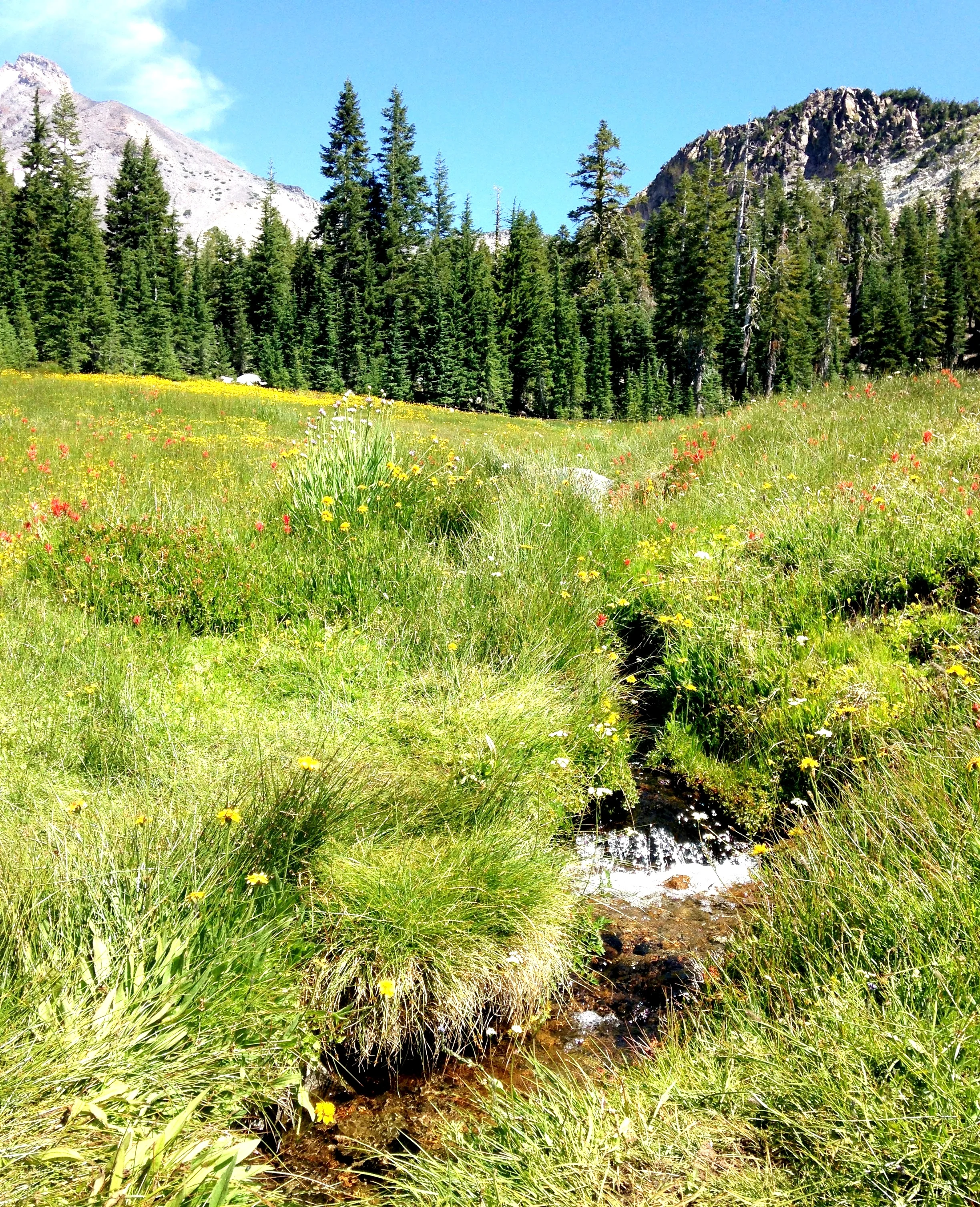What is ecopsychology and ecotherapy?
Theodore Roszak in his book The Voice of the Earth says this about the field of eco-psychology…
Its goal is to bridge our culture’s long standing, historical gulf between the psychological and the ecological, to see the needs of the planet and the person as a continuum. In search of greater sanity, it begins where one might say sanity leaves off: at the threshold of the nonhuman world. In a sense that weaves science and psychiatry, poetry and politics together, the ecological priorities of the planet are coming to be expressed through our most private spiritual travail. The Earth’s cry for rescue from the punishing weight of the industrial system we have created is our own cry for scale and quality of life that will free each of us to become the complete person we were born to be.
Consider eco-psychology as a worldview to embrace and strive towards. It embodies a shift in paradigm and consciousness that is beyond necessary at this time; one from egocentric to that of ecocentric. It encompasses a very different way of being in this world than what we have all been taught as acceptable and expected. It is the only shift that will ensure our survival as a species on this planet. And it is THE shift that will catalyze the systemic changes that must happen on this planet if we envision any sort of sustainable and joyful future for generations to come.
In her collection of essays on theory, research and practice Linda Buzzell says the following about this essential field of psychology…
Ecopsychology is the study of the relationship between the human psyche (body-mind-soul-spirit) and the rest of nature. Ecotherapy (also called applied or clinical ecopsychology) focuses on healing that dangerously dysfunctional relationship.
Ecotherapy is a subset of ecopsychology- it is the boots on the ground practices and relational skill building that must occur in order to cultivate the paradigm shift that ecopsychology calls for from all of us.
In my practice, if this feels like a resonant way of framing our time together, we can use an eco- psychological framework to our sessions either in the office or out in the natural landscape. We can decide together if meeting in a natural space feels supportive and appropriate and co-create a treatment plan that involves ecotherapy practices. Or we can simply use this worldview as a way of holding the emotional work you as a client do in therapy. Either way it can be a very powerful and empowering way to do psychological and emotional healing.
